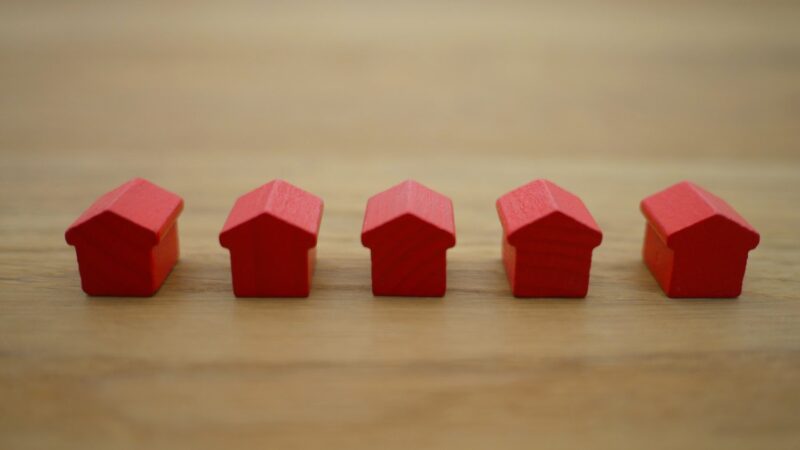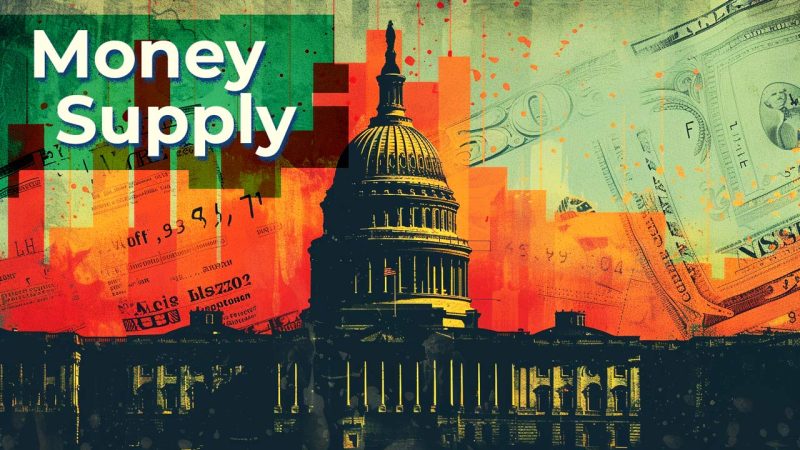“In business school, you’re generally taught to maximize profit,” Derek Avery, a local developer in Dallas, explained. “But are you maximizing profit for one person—the person doing the project—or are you trying to create intergenerational wealth?”
This article was written by Asia Mieleszko and originally published by Strong Towns.
Avery’s entire practice is defined by this question. “Of course, as a company you need to be financially profitable; you have expenses and a team you need to take care of,” he said. “But as developers, we need to ask ourselves: ‘How am I using the built environment to make a positive, profitable impact that goes beyond just finances?’”
One of Avery’s projects, The Reverie at Fruitdale, is aiming to do just that by funneling individuals from the foster care system into homeownership. The inspiration for the project emerged not only from Avery’s own lived experience (he credits a strong family network as narrowly saving him from entering the system himself when he lost his mother at 16), but from recognizing what role he can play in breaking a cycle he’s seen immobilize communities over and over again. “This is letting a population at risk of homelessness build equity instead,” he said of The Reverie’s future occupants.
The layout of The Reverie is as essential to its mission of building intergenerational wealth as its novel equity-building formula. The project promises 32 micro-homes and amenities otherwise absent in suburban Fruitdale. “What we’re building is a walkable pocket neighborhood,” he explained. “You don’t have to get into a car just to go do groceries or participate in community.”
Avery could’ve designed a project promising below market-rate rents through subsidies, and targeted individuals aging out of the foster care system through marketing. A project of that sort may have addressed affordability, but it wouldn’t have necessarily addressed inequities. When affordability is understood exclusively through low rents, developers and cities alike miss out on the larger vision of how a neighborhood can build prosperity.
That’s why Avery feels the site will be successful not only when it produces its first generation of homeowners, but when it catalyzes adjacent incremental development in Fruitdale. “If we want to lay the groundwork for intergenerational wealth, we’ve got to look at homeownership,” he noted. “But we’ve also got to look at placemaking.”
In several respects, Avery’s project is one of a kind, but his moral imperative isn’t an anomaly. Like many citizen developers, Avery lives where he builds and thus has a personal, not just financial, investment in his community’s prosperity. In fact, he was able to put together this project and many of its predecessors not because of unprecedented access to capital, but because of the partnerships he forged with community members and organizations.
“In so many ways, us smaller developers have an advantage,” he said, referring to the degree of trust he can cultivate over a corporate, out-of-town developer. Nevertheless, cities chronically disempower citizen developers through a matrix of regulations and obstacles that their corporate counterparts can more easily afford to navigate. In reality, they would be well served to recognize that it is locals like Avery who, precisely because they are deeply embedded in the community, are best positioned to bring lasting positive change that serves both vulnerable residents and the whole community’s bottom line.





